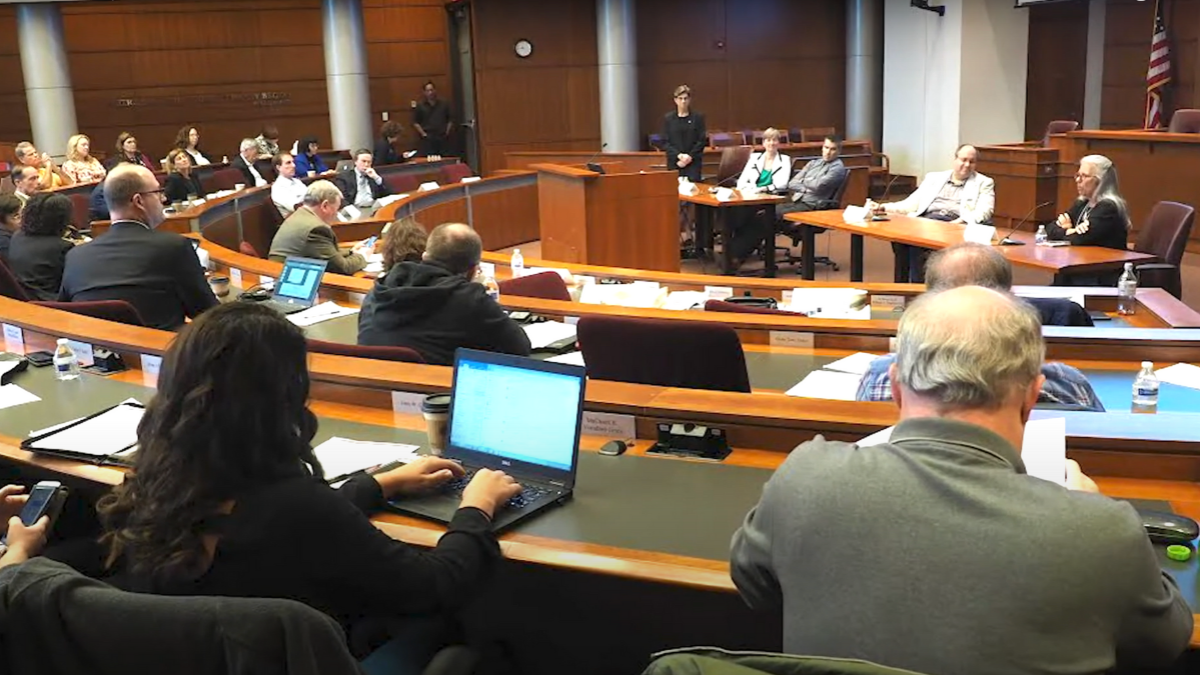
Should universities receive taxpayer-funded bailouts? The answer depends on who you ask. According to Universities U.K., the lobby group for British universities, the answer is an unequivocal yes, even when the suggestion has caused some dithering and calls for a further probe into the Conservative-led government.
The Russell Group Universities, the British version of the American Ivies, will be the hardest hit due to the latest crisis, according to one study. In the United States, however, government pressure has led to the Ivies declining state help after Harvard University received backlash for accepting a bailout while sitting on an endowment larger than the gross domestic products of most Sub-Saharan African economies.
Nevertheless, the question is not only about rich universities with large endowment funds that can afford to wait out the storm, but also about the survival of smaller, less-endowed colleges. Going by the latest, they are not covering themselves in glory.
An interview with the presidents of two small liberal arts colleges was enough to fill any conservative with despair. One of them reminded us, “We don’t need to return to normal. We need to return to a better normal.” The other assured everyone that even with all the uncertainty, “We’ve seen large upticks in some of the performing arts, like dance.” If anyone was expecting the return of fiscal responsibility in students or parents, or that colleges will change their business model without federal intervention, they are bound to be depressed.
Conservatives Must Restructure Higher Ed
In light of that, the National Association of Scholars has released a phased bailout plan tied to long-needed structural reforms in American higher ed. If public-funded bailouts are to happen, conservatives can and should do whatever they can to restructure academia for generations to come, just as they are restructuring the courts.
“For far too long, American higher education has exploited the hopes of students and their families, as well as the good will of legislators and the American public,” the paper argues. It adds that this should be an opportunity for colleges and universities to reconsider their failed business model, and asks legislators to tie bailout funds to long-overdue reforms.
The policy suggestions are structured in order of diminishing priority. To that effect, faculty (research and teaching) and students are the highest priority, followed by administration, with athletics and leisure coming last. The paper suggests there should be no bailout for rich universities and colleges, including the top 100 wealthiest institutions. The bailout should also stop degree-churning mills, awarding colleges for academic rigor instead of “remedial courses.”
Students should be prioritized, and the paper suggests legislators condition bailouts on student loan buybacks. Lower tuition should be encouraged, and the universities that managed to freeze tuition increases should be prioritized for federal bailouts. “Congress should offer additional bonus relief funds to institutions that have held down tuition better than their peers,” the paper argues. Colleges that cut costs and focus on vocational courses and distance learning should be in a better position for future congressional handouts.
Funds Should Be Contingent Upon Reforms
Colleges should also ensure structural reforms regarding intellectual freedom on campus. The paper argues that in order to receive emergency relief funds, colleges and universities should at minimum incorporate bylaws guaranteeing actual diversity of opinions and ideas on campus, ensuring rights of invited speakers to be heard without threat of violence, deplatforming, intimidation, or harassment.
Bailouts should also be contingent upon campuses upholding due process, with felonies reported to police instead of a trial by some unknown and ideologically tilted university bureaucrat. Accused students should have the right to meet or know about their accuser.
Institutions should “establish adjudication procedures for students and faculty with strict adherence to due process protections, including the presumption of innocence, the clear and convincing evidence standard, the right to counsel, the right to know what one is charged with, the right to know of all existing allegations, clearly and precisely worded definitions of misconduct that follow those used in our judicial system, clearly defined statutes of limitations, the right to face one’s accuser, and the right to speak publicly about any case.”
Administrative and structural reform policies outlined in the National Association of Scholars paper echo some other recent suggestions, such as the reduction of staff members to a pre-2000 level on a per-student basis and special cuts for “student service” professionals, such as those dealing with mental health or diversity, with no direct link to academic success. The paper also suggests salary cuts, the elimination of low-productivity academic programs, and freezes in hiring, new facilities, and infrastructure projects.
While it isn’t the government’s job to dictate what is taught, it is its job to ensure that institutions that accept public funds facilitate freedom of opinion and diversity of thought. This kind of diversity transcends bureaucratic weasel-words such as “safe spaces” and “preferred pronouns,” instead incorporating a range of diverse ideas and topics.
Cut the Bloated Bureaucracy
Reforms are a matter not just of political will, but of expediency. Reforms are most justifiable and easily achieved in university administration and bureaucracy. One study found that in 30 years, university administrations in the United States grew more than 220 percent, compared to 10 percent for faculties. The paper therefore rightly suggests that to receive public funds, university bureaucracies need an urgent overhaul and cuts.
“Large colleges and universities, with student bodies of more than one thousand, should cut their administrative overhead by 50 per cent as a condition of receiving bailout funds. Small colleges, with student bodies of one thousand or less, should cut their administrative overhead by 10 per cent,” the paper argues, adding, “Additionally, Congress should forbid the use of any emergency relief money to pay for the salaries and benefits of college administrators and support staff.”
Congress should allocate incentives such as bonus funds for those colleges and universities that can provide a budget plan for further administrative cuts, with a provision that requires universities that fail to make the necessary changes to pay back those funds.
Increasingly bloated university administrations have resulted in a business model that treats students as consumers. It increased both campus bureaucrats’ power and students’ demands for safe spaces.
Thanks to a virus originating in the most bureaucratic country on the planet, those days are nearing an end. If universities need public funds, they must show a willingness to ensure freedom of speech, diversity of opinion, and commitment to reforms. The National Association of Scholars policy paper provides a blueprint for conservatives across the Anglosphere to reform academia.









